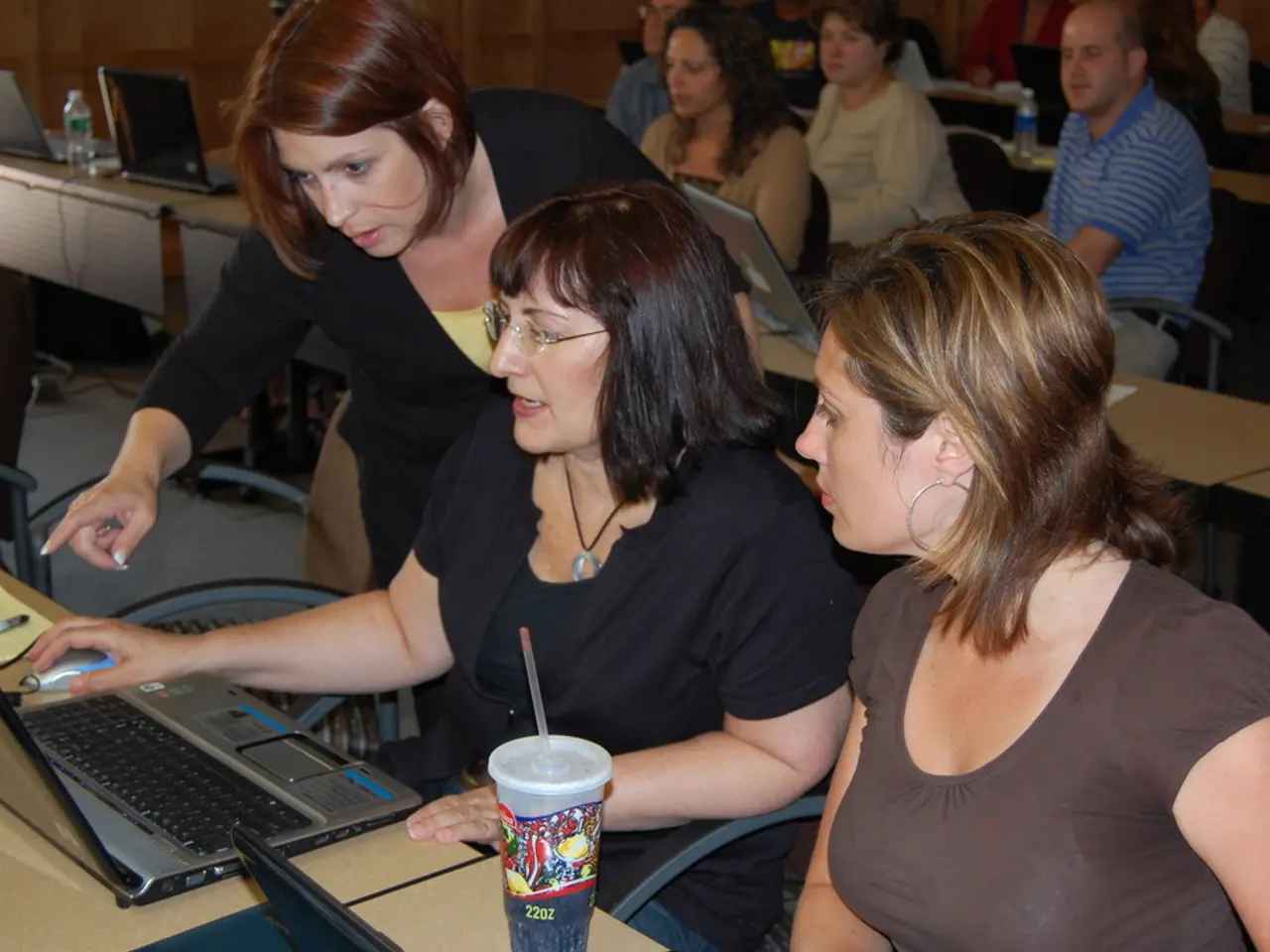Internet Addiction in Germany - Recreational Activities Away from the Web Fall Short
The "Leisure Monitor 2025" study has unveiled a significant shift in the way Germans spend their leisure time. The findings indicate that an overwhelming 98% of the population utilise the internet for leisure activities at least once a week, marking a stark contrast to the 51% reported in 2010 [1].
However, the study underscores the importance of striking a balance between online and offline activities for overall life satisfaction. Those who successfully navigate this balance, by integrating online and offline pursuits, activity and passivity, and individual and social experiences, tend to report a more positive and emotionally fulfilling leisure time [1].
Interestingly, women and older adults appear to excel at achieving this balance, leading to higher levels of satisfaction in their free time [1].
Ulrich Reinhardt, the study's scientific director, highlights the potential pitfalls of the internet's dominance in everyday life. He suggests that neglecting traditional activities that bring pleasure could be detrimental to overall leisure satisfaction. Reinhardt advocates for a return to more traditional uses of free time, emphasising relaxation, social interaction, and activities that promote well-being [1].
Key activities identified in the study include spending time with a partner (74%), engaging in sports at least once a week (51%), and reading a book (33%) [1]. Other popular leisure activities include watching TV, listening to music, spontaneous activities, and "sleeping in" (all at 68%), as well as "playing, surfing, or chatting on a smartphone" (79%) [1].
The study also reveals that around 4% of Germans aged 16 to 74, approximately 2.8 million people, had never been on the internet in 2024 [1].
In conclusion, the "Leisure Monitor 2025" study underscores the importance of finding a balance between online and offline activities for a more satisfying leisure time. As society continues to evolve, striking this balance could prove crucial for the overall happiness and well-being of German citizens.
[1] Source: Leisure Monitor 2025 study
Note: This article has been generated from a list of bullet points and may not contain all the original details or context.
- In balancing their leisure activities, many Germans incorporate their home-and-garden hobbies, such as gardening or home improvement projects (not specified percentage), to complement their online pursuits.
- While sports (51%) are popular online leisure activities due to streaming and social media engagement, traditional sports like soccer or tennis continue to be part of relationships and social interactions offline for many individuals.




